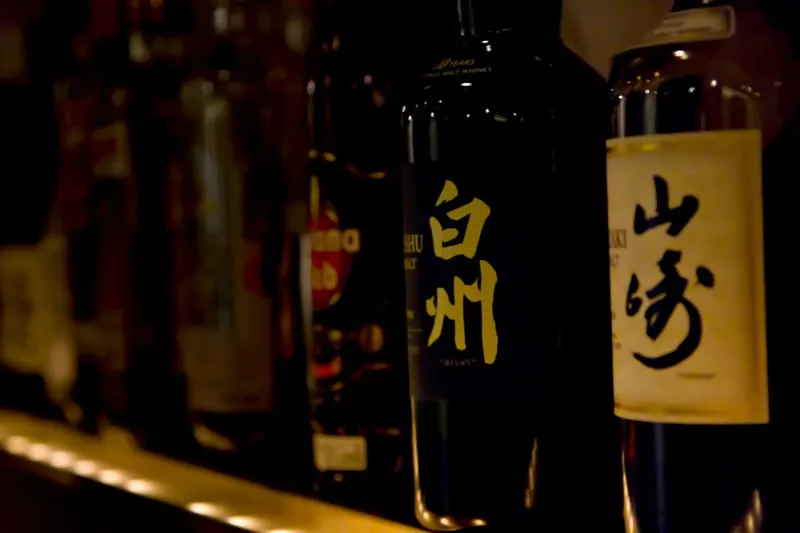November 2, 2023
Understanding Alcohol Consumption in Japan
Unraveling the Intricate Connection Between Alcohol and Japanese Culture: Insights into Consumption Patterns and Social Dynamics
Explore the fascinating link between alcohol and Japanese culture in our blog post. Discover the various types of alcohol consumed in Japan and how they shed light on the countrys social dynamics. From traditional rituals to modern-day gatherings, alcohol has long played a crucial role in connecting people and fostering relationships in Japanese society.
Japan, known for its rich culture and traditions, has an interesting relationship with alcohol. It is no secret that alcohol plays a significant role in Japanese society. From sake to beer and whiskey, the choices are diverse, and the consumption patterns offer valuable insights into the culture and social dynamics of the nation.
The Culture of Alcohol in Japan
Alcohol has been an integral part of Japanese culture for centuries. From traditional ceremonies and religious rituals to business meetings and social gatherings, alcohol acts as a social lubricant, enabling people to connect and build relationships.
Sake, a rice-based alcoholic beverage, holds a special place in Japanese culture. It is often enjoyed during special occasions such as weddings and festivals. In addition to sake, beer, whiskey, and shochu (a distilled spirit) are also popular choices among the Japanese.
Alcohol Consumption Patterns
The drinking habits in Japan differ from those in Western countries. While binge drinking is common in some cultures, moderation is highly valued in Japan. Rather than consuming large quantities in one sitting, the Japanese tend to focus on enjoying the taste, aromas, and overall experience of the drink.
Drinking etiquette is also significant in Japan. It is considered rude to pour your own drink, and reciprocity is valued. It is customary to fill the glasses of others before filling your own, and it is common for individuals to pour drinks for their friends or colleagues throughout the evening.
Alcohol and Social Dynamics
Alcohol consumption in Japan often acts as a social lubricant and facilitates bonding between individuals. Business professionals often engage in after-work drinking sessions, known as nomikai, to build relationships and strengthen professional networks.
While alcohol can enhance social interactions, it is essential to note that excessive drinking, known as binge drinking or nama-hon, can lead to negative consequences. Efforts have been made in recent years to promote responsible drinking and reduce alcohol-related issues in Japan.
The Future of Alcohol Consumption in Japan
As Japan undergoes societal changes, so does its relationship with alcohol. With an aging population and a decline in overall alcohol consumption among the younger generation, the alcohol industry is adapting to cater to new preferences and interests.
Craft beer, for example, has been gaining popularity in recent years, appealing to a younger demographic seeking unique flavors and experiences. Non-alcoholic alternatives, such as alcohol-free beer and zero-alcohol spirits, are also becoming more readily available, reflecting a growing trend towards healthier choices.
Conclusion
Alcohol consumption in Japan is deeply rooted in the nations culture and traditions. It serves as a social lubricant, facilitating connections and strengthening relationships. While moderation and responsible drinking are valued, societal changes and evolving preferences are shaping the future of alcohol consumption in Japan.
Blog Title: Unveiling Japans Alcohol Culture and Consumption Patterns


